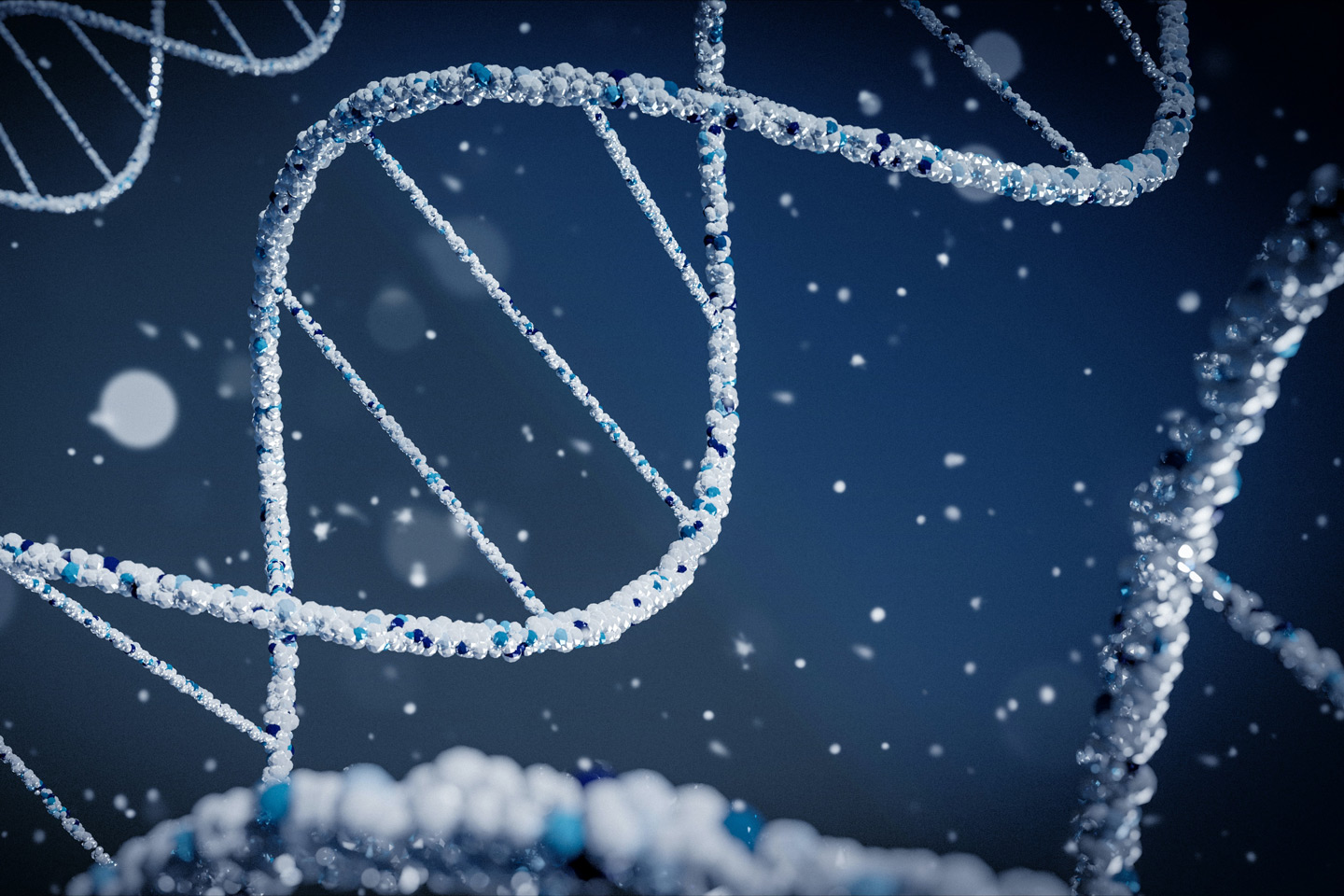Computational Health
For founders pursuing commercial opportunities predicated on translational science and technology innovations that improve human health and wellness.v

- All Ventures
- CDL-Seattle
Cellens
Cellens is commercializing an AI-based, cell-imaging platform for bladder cancer diagnostics. The platform leverages atomic force microscopy (AFM) imaging and machine learning modeling to perform a non-invasive test that quantifies physio-biomarkers on cell surfaces. By analyzing urine samples they can provide a diagnostic score for urologists. This ability to detect malignancy from as few as five to 10 cells reduces the need for invasive and costly procedures.
Origin Health
Origin Health is co-developing AI technology with maternal-fetal specialists to improve the detection rate of congenital anomalies from ultrasound screening. Origin aims to deliver specialist-level prenatal screening using AI to providers and patients with limited access to specialists. Origin will enable timely referrals to specialists, and assist clinicians to derive definitive diagnosis in order to suggest care pathways.
Talus Bio
Talus Bio is developing drugs for incurable childhood cancers. These cancers are nearly always caused by dysfunction in genome regulation, and Talus Bio has built a drug development platform using next-gen proteomics and AI to find new drugs for more than 400 presently untreatable genome regulators that play a role in cancer.
Tend Health
Tend Health is commercializing a device for safe, standardized, and convenient processing of stool samples into capsules for a gut microbiota transplant (GMT). Chemotherapy (or even antibiotic use) can wipe out vital healthy bacteria in the gut, leading to life-threatening infections like Clostridium difficile infection. GMT is a procedure for restoring microbiome diversity that includes collecting a stool sample then mixing, filtering, freezing, and storing it for later use. Tend’s device simplifies this process, and the company also offers microbiome testing and analysis.
Valorant Health
Valorant Health is commercializing a cloud-based, AI-enabled digital health platform to connect patients, physicians, providers, and other members of the medical community. The company is working with the U.S. Air Force and Military Health System and Veteran Health Administration to bring modern health solutions to service members, veterans, and their dependents. The company has signed contracts to cover 13,800 lives through the U.S. Air Force, 110,000 lives through the U.S. Army, and 50,000 lives through the Indian Health Service.
Wayfinder Biosciences
Incorrect folding and batch-to-batch variation in antibody manufacturing can cost millions of dollars. Wayfinder is solving this problem with the development of RNA sensors that can measure properly-folded antibodies in real-time. In addition, Wayfinder uses its RNA sensors to rapidly optimize the biosynthetic pathways necessary for production at industrial scale. Currently, Wayfinder has identified human milk oligosaccharides as a class of molecules with promising therapeutic applications in a rapidly growing market.
Origin Health
Origin Health is democratizing quality prenatal care for expectant mothers around the world. The company is co-developing AI technology with maternal-fetal specialists to improve the detection rate of congenital anomalies from ultrasound screening. Using AI, Origin aims to deliver specialist-level prenatal screening to providers and patients who have limited access to specialists. Origin will enable timely referrals to specialists and assist clinicians to derive definitive diagnoses in order to suggest care pathways.
The venture was based in Singapore when it entered CDL-Seattle’s Health stream with a focus on computational health. Origin had raised about USD $1 million in a convertible note and was a pre-revenue company at the time.
Mentor Mike Butler, who previously served as president of the USD $25 billion health-care organization Providence, became the company’s most enthusiastic advocate at CDL. The team worked with Butler on its key objectives: most of which focused on its go-to-market strategy in the United States and on building relationships with Seattle-area hospitals. Butler helped make introductions to hospitals including Providence, Seattle Children’s and Swedish Health Services, and Origin is now moving forward with multiple pilot programs.
During its time at CDL, Origin also made the significant decision to relocate from Singapore to Seattle. In addition to Butler’s help, the company is receiving guidance from mentor George Savage to make the transition a smooth one. The team is beginning to plan a USD $5-million seed raise and has found interest from potential investors — including VCs — through the CDL network. Origin is seeking introductions to additional early-stage VCs and hospital systems or medical institutes that could act as a co-development partner as the company works toward FDA approval for its product.
Moving to Seattle due to CDL!
Will Canestaro • Associate, CDL-Seattle May 20, 2022 @ 6:21 PM ET